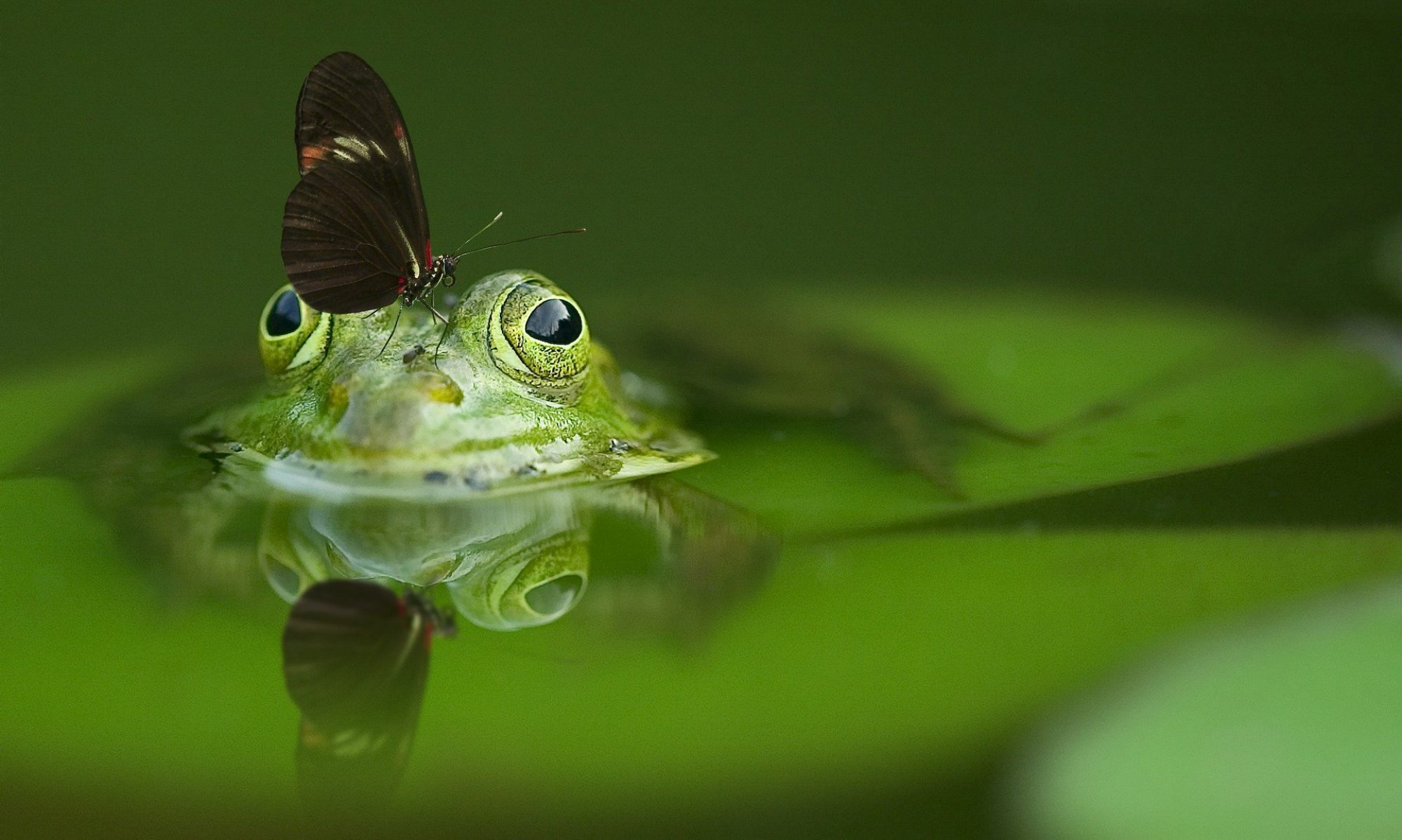
Writing is easy. Well, OK, it’s not. But for most writers, writing is easier than the other side of being an author – selling books.
This year, amazingly, wonderfully, I have a book coming out. It’s my first. During a workshop last night, I was forced to address the question: what is it that makes me so nervous about publicising it?
Much overnight soul-searching later, the answer is clear. BECAUSE PEOPLE MIGHT THINK I’M A DICK.
Let me give you some examples.
I need to approach journals, blogs, podcasts, in-person events and festivals to try to get myself, and my work, out there. But might think I’m too forward!
I need to organise a launch event, or maybe two, but what if, like, five people come and two of them are my Mum?
I need to get myself out to some poetry nights and open mics, and this will probably involve initially turning up on my own, since not many of my friends are into poetry. But what if they all think I’m Billy No-Mates? What if I fluff it on stage?
I should probably get the sales ball rolling by getting some friends to buy and review the book. But a lot of the book reveals the inner me! There is anxiety and nerdiness and weird humour and sex and oddness! What if they’re all talking about me behind my back?
In summary: BUT THEY MIGHT THINK I’M A DICK!
My challenge to myself: to spot those words in my head. To put them away. To run every doubt through the BUT THEY MIGHT THINK I’M A DICK filter, call it out and have none of it. I don’t think any other author putting their work out there is a dick, so neither am I. And if let these seven words stand in my way… well then, I really am a dick.
Last night’s workshop was run by the fabulous Elizabeth M Castillo. https://www.elizabethmcastillo.com/
If you enjoyed this article, follow me on Facebook @parmenterpoetry, on Twitter @ninaparmenter, and please join my mailing list!
Photo by Geralt on Pixabay

